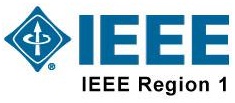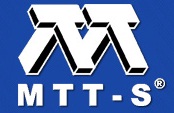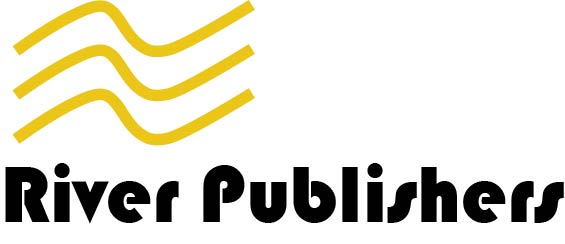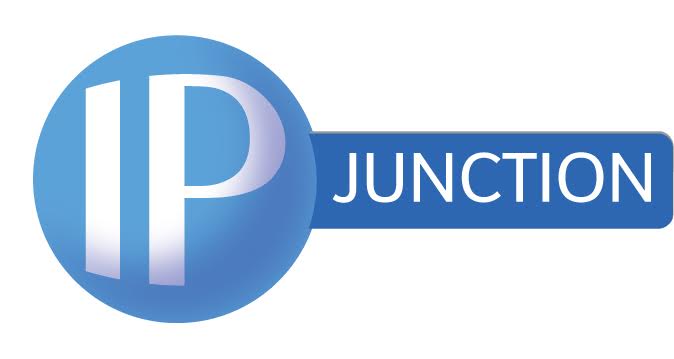Information for Authors
(1) TECHNICAL PAPERS: Authors must submit
their papers using EDAS
(https://edas.info/newPaper.php?c=19009)
on or before June 30, 2015. All papers will be blind-reviewed
for technical content and scope by a technical program
committee. All accepted and presented papers will be digitally
archived through IEEE Xplore.
The page limits are SIX (6) pages for the long paper track and THREE pages for the short paper track. Papers should be in PDF format, two columns, font size 10 or greater and compliant with other IEEE SARNOFF manuscript guidelines.
Submitted papers must be unpublished and not currently under review for any other publication. Authors of accepted papers must sign an IEEE copyright release form and also present their paper at the conference to be included in IEEE Xplore.
For a template of the paper, please see the link below:
https://www.ieee.org/conferences_events/conferences/publishing/templates.html
(2) TUTORIALS: Proposals are solicited from domain experts to cover current topics directly relevant to the conference such as (but not limited to): Cloud and Data Center Networks, IPTV, Video-on-Demand, Smartphone Networked Apps, Software Defined Networking (SDN), Information Centric Networking, Wireless Networks, Optical Networks, etc. Proposals must provide an in-depth survey of a chosen topic with the option of describing a particular piece of work in detail and a meaningful summary of open issues in the topic. Proposed tutorials should be comprehensive, informative, and appealing to SARNOFF 2015 attendees.
Each tutorial will be for 3.5 hours with a half-hour break. Tutorial instructors must make a commitment to prepare the tutorial materials (e.g., slides) reflecting high quality standards. All tutorials will be featured prominently in the conference program.
Each tutorial proposal should have: (i) A 1-page abstract that includes: Title of the tutorial, Name and affiliation and a short biography of the instructor(s), Description of the tutorial scope, Intended audience; and (ii) A description at most 2 pages long that includes: Main topics (preferably with some description) to be covered during the tutorial; if relevant, a description of real-world systems, experiences and/or case studies, details of the new knowledge/perspectives gained by the audience attending the tutorial.
Tutorial proposals should be directly EMAILED to the Tutorial Co-Chair, Aleksandar Kolarov (akolarov@appcomsci.com), by June 30, 2015.
(3) PANELS: Proposals are solicited from domain experts to cover current topics directly relevant to the conference such as (but not limited to): vertical networking applications, ecosystems for enterprise, datacenter and mobile networks, etc. Panel proposals should contain the Panel Title, Scope, Lead Panelist and a list of 3-4 Panel Members; proposals should be directly EMAILED to the Panel Co-Chair, Ashutosh Dutta (ad37@caa.columbia.edu), by June 30, 2015.
(4) STUDENT POSTER FORUM: A 2-page extended abstract describing the research work (preferably work-in-progress and/or planned) must be submitted. The abstracts are to be directly EMAILED to the Student Poster Forum Co-Chair, Lijun Qian (qianlijun@gmail.com), by June 30, 2015.
(5) EXHIBIT/DEMOS: IEEE SARNOFF 2015 will include exhibit/demonstration sessions that shall provide a forum to present and discuss: industry/academia demonstrations of new products, applications and techniques, and practical implementations; industrial and commercial developments, research testbeds and implementations.
??? A 3-page extended abstract describing the main contributions of the exhibits/demo and the merits of the proposed ideas must be submitted.? Demonstration submissions should include the space, power, network connectivity requirements and/or any other equipment-specific requirements. The documents must contain the authors' names, affiliations, contact information and the designated corresponding author. Proposals will be evaluated mainly based on their potential to stimulate interesting discussions, exchange of ideas and promote collaborations.
The proposal must be directly EMAILED to the Exhibit/Demo
Co-Chair, Wenjia Li at wli20@nyit.edu Or Feng Gu at
feng.gu@csi.cuny.edu
, by June 30, 2015.
Additional Comments about the Technical Program Members and the Paper Review Process:
A) The TPC consists of academic and industry experts. The role of the TPC is to perform expert reviews of each submitted paper and recommend acceptance to the TPC chairs. The committee is actively recruiting TPC members to represent each area of the CFP.
B) All submitted long and short papers will be full manuscripts of at least 3 pages in length and will contain an Abstract.
C) Reviewers receive the following criteria for evaluation: strength and weaknesses of the proposed research, appropriate references are cited, summary and relevance to the CFP topics.
D) Each paper will be evaluated by 3 reviewers.
E) The overall ratings from all reviews are used to decide acceptance. No single person has a say on whether a paper qualifies for publication
F) The acceptance rate in prior conference has been between 40-45%
G) Persons with conflict of interest are not assigned to review papers where the conflict exists. Conflict of interest is identified by the EDAS submission system prior to assigning papers to reviewers.










